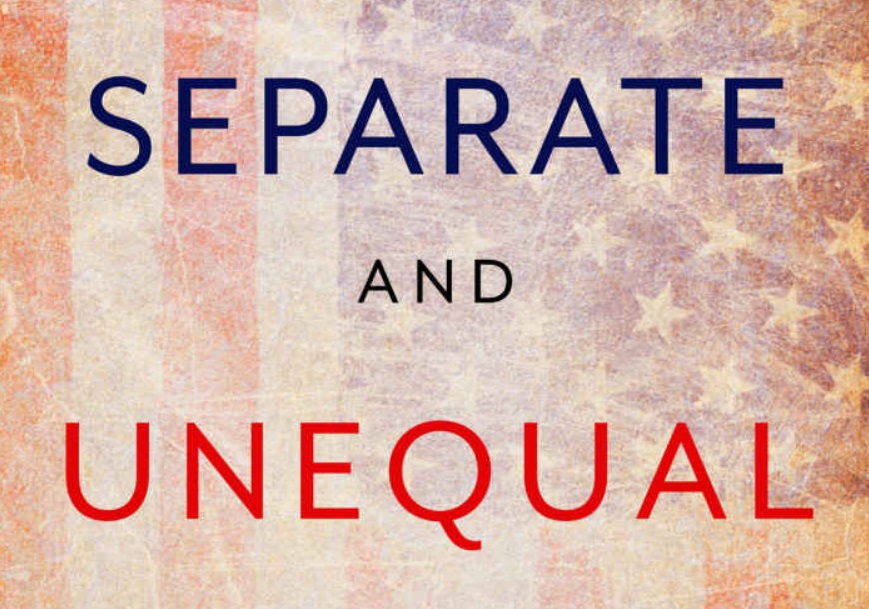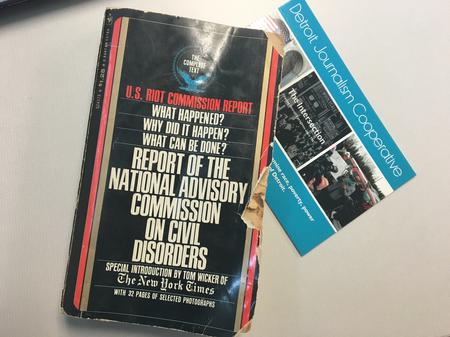Was the Kerner Commission Report the Beginning of the ‘Unraveling of American Liberalism?’
“For those people who are left behind…they’re separate and more unequal than they were 50 years ago,” says author Steve Gillon.


Fifty years ago, the Kerner Commission appointed by then President Lyndon B. Johnson drafted a major report on the systemic and social factors that contributed to the civil unrest in Detroit in the summer of 1967.
The series of recommendations from the Kerner Commision were stark—that if housing, education, employment, and the media discrimination didn’t change dramatically for the better for black Americans, the country would be doomed to a cycle of untenable inequality.
The report stated: “Our nation is moving toward two societies, one black, one white—separate and unequal.”
Ultimately, President Johnson had little appetite to push for more policy changes beyond the Voting Rights Act of 1965 and Civil Rights Act of 1964, which he had already signed, so the commission’s recommendations were pushed to the side.
If bold policies had been enacted or sought in congress, what might our country look like today? And what might the progressive wing of our democratic system be fighting for 50 years after the rebellion—or riot—of 1967?
Steve Gillon is a history professor at the University of Oklahoma with an expertise in American history and politics. And he’s the author of a new book, Separate and Unequal: The Kerner Commission and the Unraveling of American Liberalism.
Gillon speaks with Detroit Today host Stephen Henderson about the legacy of the Kerner Commission.
According to Gillon, President Johnson didn’t expect the Kerner Commission to do more than “kick the can down the road…and provide him with some ammunition to go to Congress and continue funding for his existing programs.”
This is not what happened.
“These commissioners went off on their own, came to realize that (President Johnson’s Great Society Program) was really not doing enough so they issued this bold report…that blamed white racism,” he says. “For eleven mainstream commissioners to issue a government report that blamed white racism in 1968 is pretty bold.”
Gillon thinks progress has been made when it comes to structural racism in the United States.
However, “for those people who are left behind in many of these decaying urban areas, whether it be in Newark or Detroit, they’re worse off. They’re separate and more unequal than they were 50 years ago.”
Click on the audio player above for the full conversation.
